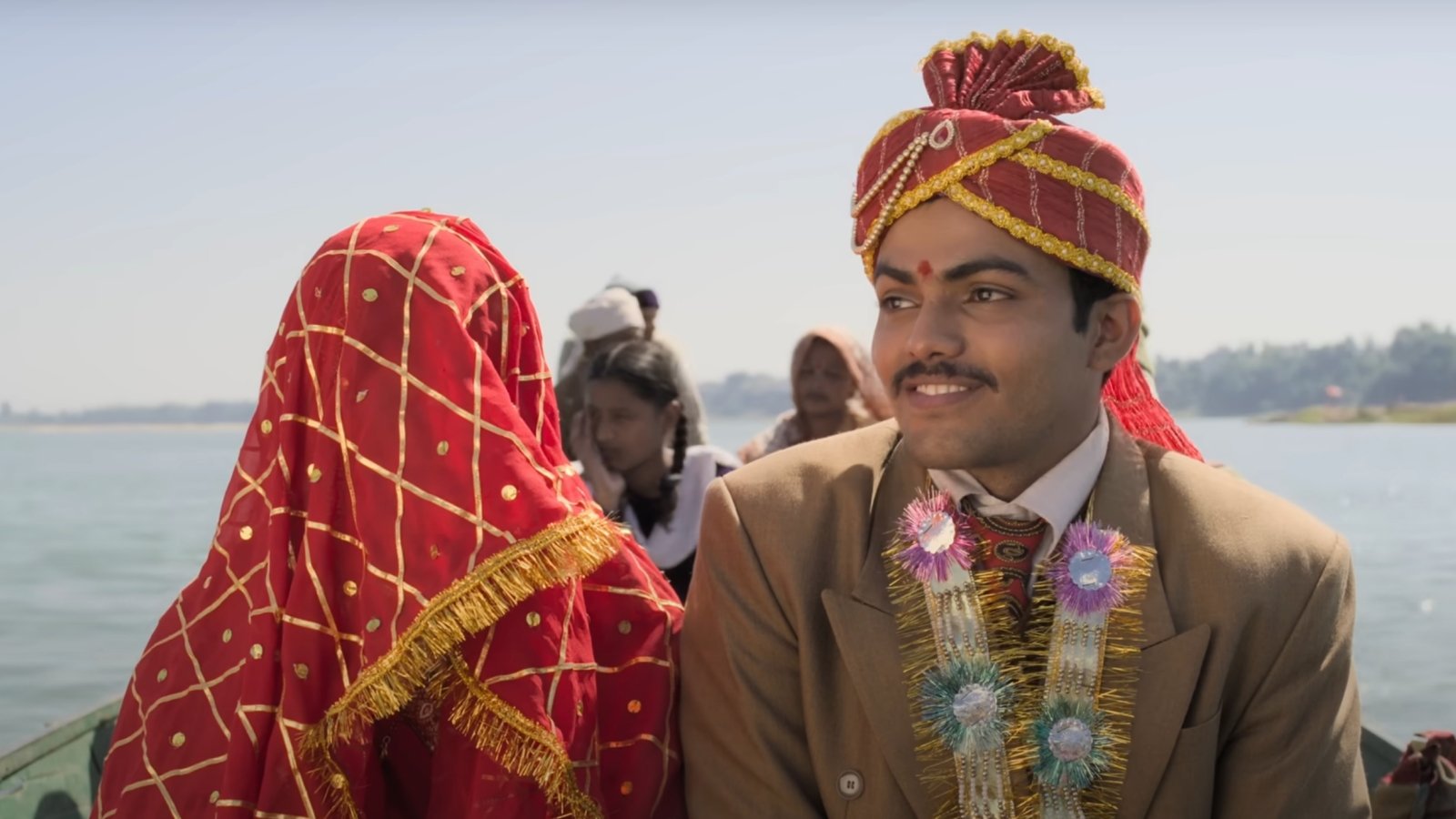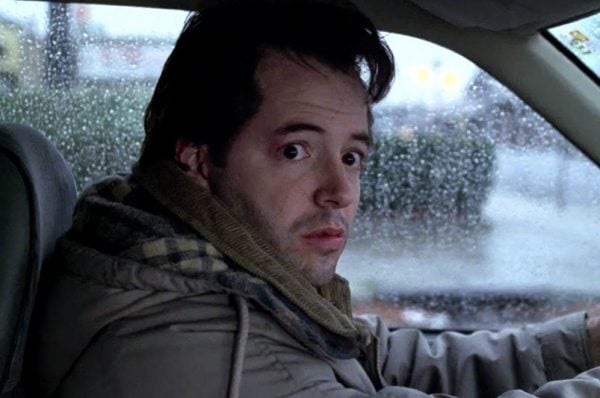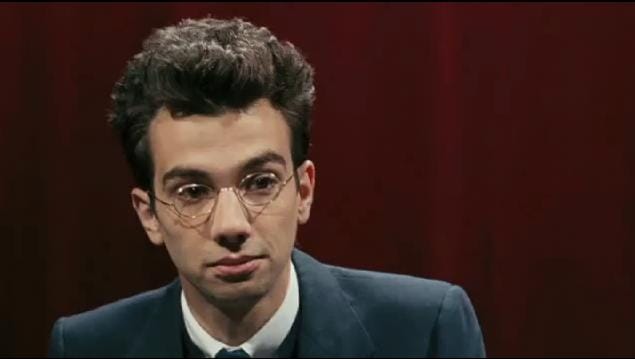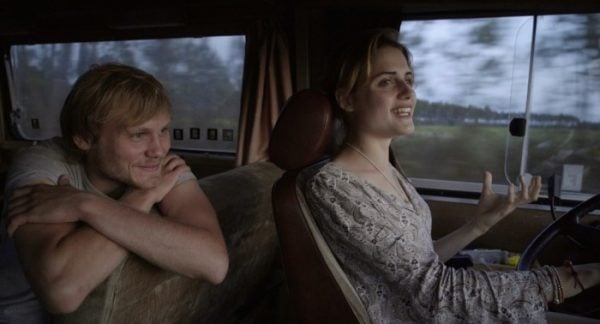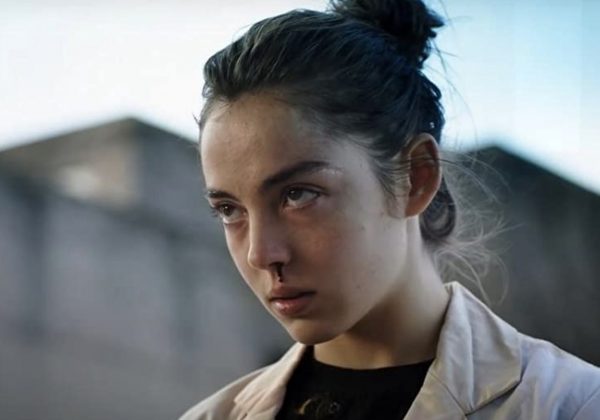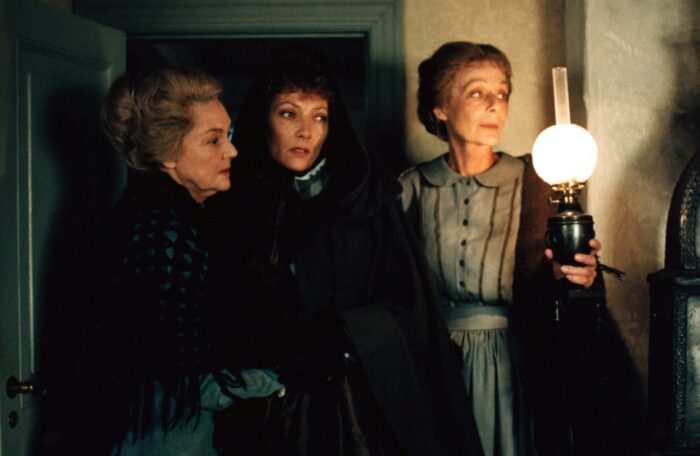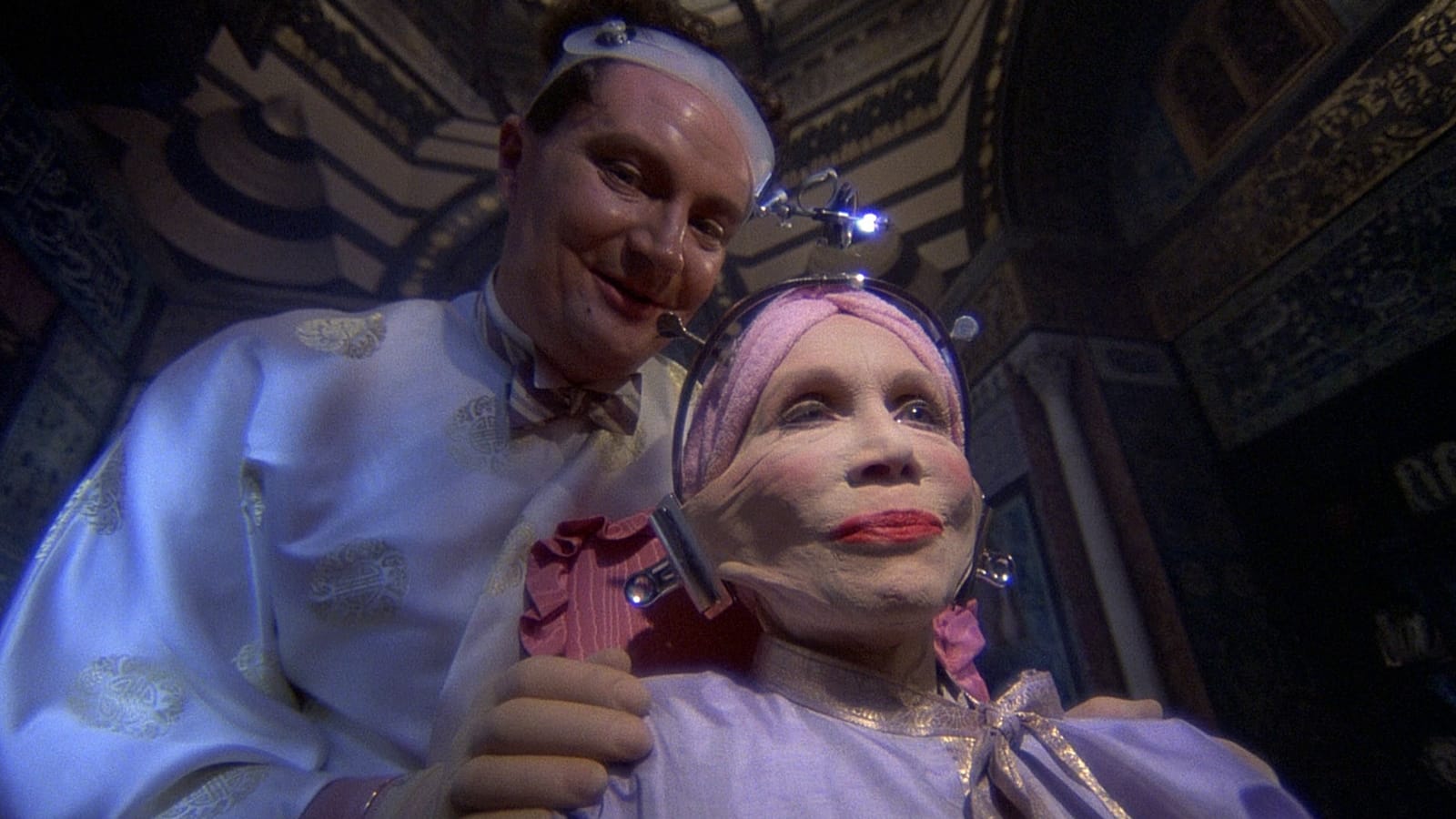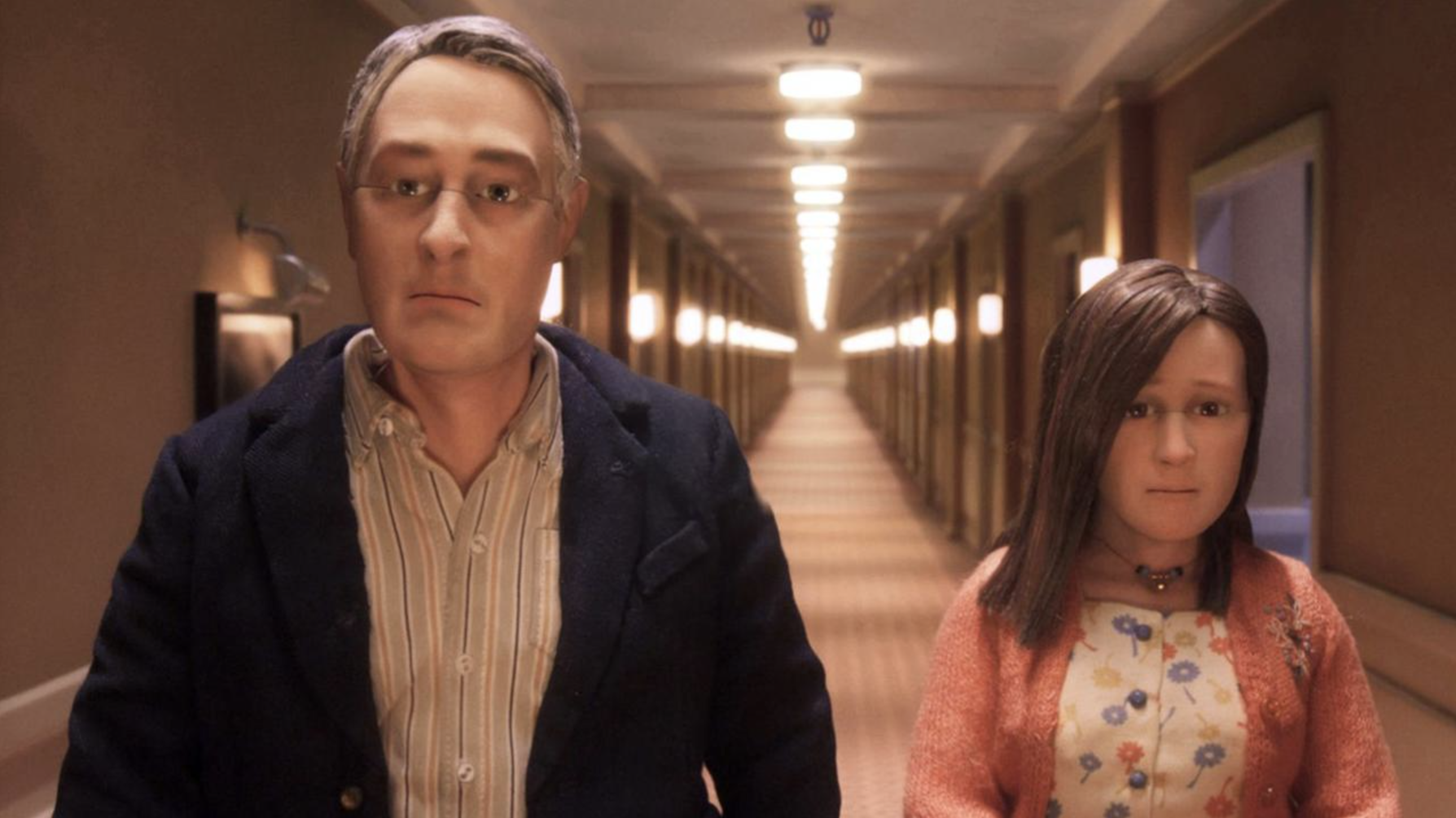
100 Best Underrated Comedy Movies of All Time
April 16, 2025
Share:
Comedy is so much more than the loudmouthed slapstick humor that still dominates screens to this day. This isn’t to slander the average farce, some of which are actually hilarious, but there are also dark comedies, romantic comedies, meta comedies, and satire comedies to enjoy. In other words, there are many shades of funny, but we miss out on a lot of them when we only tune into what’s popular.
Below we round up our 100 favorite comedy films of all time. These movies are highly rated but little seen, meaning there’s a high chance of them being underrated. If you’ve already gone through the usual films that appear in lists like this, go give the ones below a try and have your faith in funny be restored.
Read also:
81. Laapataa Ladies (2024)
Genres
Director
Actors
Moods
When two young brides are mistakenly swapped on a train, it’s a difficult situation, much more so when the brides in question are both veiled and wearing the same red bridal attire. This seemingly simple swap is the entire plot of Laapataa Ladies, but director Kiran Rao transforms this mishap into a hilarious, yet realistic, satire that challenges plenty of the norms enforced on women in the country. As Phool and Jaya switch places, the film understands where their respective mindsets come from– Phool having not learned much about the world, and Jaya having been jaded by it– but the film doesn’t stop there. It brings them to places that challenge those mindsets, and in turn, they challenge the people around them too, by actively making choices from the mindsets they had to hold to survive. Laapataa Ladies is what it says on the tin– Laapataa is the word for lost– but the sharply written characters, the witty dialogue, and the subtle social commentary make this charming love story one of a kind.
82. Election (1999)
Genres
Director
Actors
Starring Matthew Broderick and a young Reese Witherspoon as, respectively, Jim McAllister, a high school teacher and Tracy Flick, a notorious ‘that girl’ in his class. When Tracy decides to run for class president, we see the floodgates open as all sorts of bizarre and insane behavior pours out of the two. Quickly, it becomes clear that Tracy will do nearly anything to win, and as circumstances spiral out of control, madness descends – along with hilarity!
83. The Trotsky (2009)
Genres
Director
Actors
Moods
A fantastic and light Canadian comedy, the Trotsky stars Jay Baruchel as Leon Bronstein, a young man who believes himself to be the reincarnation of the Soviet leader Leon Trotsky. True to his past life, Leon soon begins a quest to organize a revolution at his father’s clothing company, while dealing with the transition from ritzy private to a Montreal public school. Smart and pointed, the Trotsky is a gem not to be missed.
84. 303 (2018)
Genres
Director
Actors
Moods
A sweet and romantic German movie about two Berliners who meet randomly and go on a road trip to the south of Europe. It might seem like a silly premise but it’s actually a philosophical movie, one that feels very realistic. The two characters debate human nature, politics, relationships, etc; almost throughout their trip. And they’re played by excellent newcomers who ooze charisma and make the question of what will happen between them incredibly thrilling.
85. Raw (2017)
Genres
Director
Actors
Moods
One of the sharpest horror films of the last decade, Julia Ducournau’s Raw follows in the footsteps of films like Carrie by translating coming of age anxieties into visceral full-throated terror. Justine is a beginner veterinary student leaving home for the first time. After a brutal hazing ceremony forces this young vegetarian to eat meat, she develops an insatiable hunger for flesh that begins to consume her.
Raw is as much an intense body-horror (not for the squeamish) as it is an astute psychological drama. Underneath its nightmarish sheen, Ducournau layers social commentary on sexuality, patriarchy, and deviance using the school’s sadistic initiations as metaphors for larger structures. All of this depth is paired with striking cinematography, crisp pacing, and an unforgettable performance from Garance Marillier as Justine.
86. Another Round (2020)
Genres
Director
Actors
Moods
Director Thomas Vinterberg (The Hunt) reunites with Mads Mikkelsen to tell the story of four teachers going through a mid-life crisis. They’re not sad, exactly—they have homes and jobs and are good friends with each other—but they’re not happy either. Unlike the ebullient youth they teach, they seem to have lost their lust for life, and it’s silently eating away at them, rendering them glassy-eyed and mechanic in their everyday lives.
Enter an experiment: what if, as one scholar suggests, humans were meant to fulfill a certain alcohol concentration in order to live as fully and present as possible? The teachers use themselves as the subjects and the tide slowly starts to turn to mixed effects. Are they actually getting better or worse?
With an always-satisfying performance by Mikkelsen and an instant classic of an ender, it’s no surprise Another Round took home the award for Best Foreign Film in the 2020 Academy Awards.
87. Babette’s Feast (1987)
Genres
Director
Actors
Moods
Sisters Martine and Filippa, daughters of a founder of a religious sect, live a simple and quiet life in a remote coastal village in Denmark. Throughout the course of their lives, they reject possible romances and fame as part of their commitment to deny earthly attachments. This is upended by the sudden arrival of a French immigrant named Babette, who served as their house help to escape the civil war raging in her country.
Babette’s Feast is an inquiry into simplicity and kindness, and whether these would be sufficient to achieve a life of contentment. The religious undertones perfectly fit with the film’s parable-like structure, where bodily and spiritual appetites are satisfied through a sumptuous feast of love, forgiveness, and gratitude.
88. Brazil (1985)
Genres
Director
Actors
Moods
In the movie Brazil, our hero Sam Lowery (Jonathan Pryce) lives in a dystopian world that relies on the cold productivity grind of machines. He’s in a constant battle between the high-level dominating powers that be and the low-level beatdown scums of society. Saving him from complete misery is a recurring dream he has of a beautiful woman. There, nothing else matters but love, which fills his draining soul and makes his life seem worthwhile.
The way director Terry Gilliam handles a serious matter in such a comedic way is fantastic, and the amount of thought and effort he puts into creating every single bit of existence in this film is mind-boggling. With Brazil, he succeeds in establishing his own style, making a mark for himself in an age when plenty of auteurs compete for mere recognition.
89. Anomalisa (2016)
Genres
Director
Actors
Moods
Putting the inherent eeriness of stop motion animation to perfect use, Charlie Kaufman and Duke Johnson’s Anomalisa create a legitimately disturbing experience of a man’s paranoid delusions, as he tries desperately to make a real human connection while perceiving everyone around him as the same person. It’s that (unfortunately) rare animated film that understands that this medium can tell complex, even terrifying, stories for grown-ups while respecting their intelligence. And it’s still gorgeously put together, with seamless movements from the character puppets and evocative lighting and cinematography that puts the film firmly in the uncanny valley. It’s a tougher watch than it looks, but the depth of feeling it captures is nothing short of totally human.
90. Tangerine (2015)
Genres
Director
Actors
Moods
What’s great about this highly inventive film is that it doesn’t look like it was shot through three iPhone 5s. Instead of using shaky cameras and static shots, Tangerine glides us through saturated, orange-toned scenes that evoke the Los Angeles sunset. Launching director Sean Baker into prominence, Tangerine is an innovative film that, at heart, is a nuanced comedy about the trans sex worker community. Newcomers Kitana Kiki Rodriguez and Mya Taylor run the show, and their performances create a vivid, electric drive that powers the whole movie. But it’s the quieter moments, the moments after betrayal, the moments of recovery, that make this movie truly special.
Comments
Add a comment
Ready to cut the cord?
Here are the 12 cheapest Live TV streaming services for cord-cutting.
More lists
Lists on how to save money by cutting the cord.
Curated by humans, not algorithms.
© 2025 A Good Movie to Watch. Altona Studio, LLC, all rights reserved.
